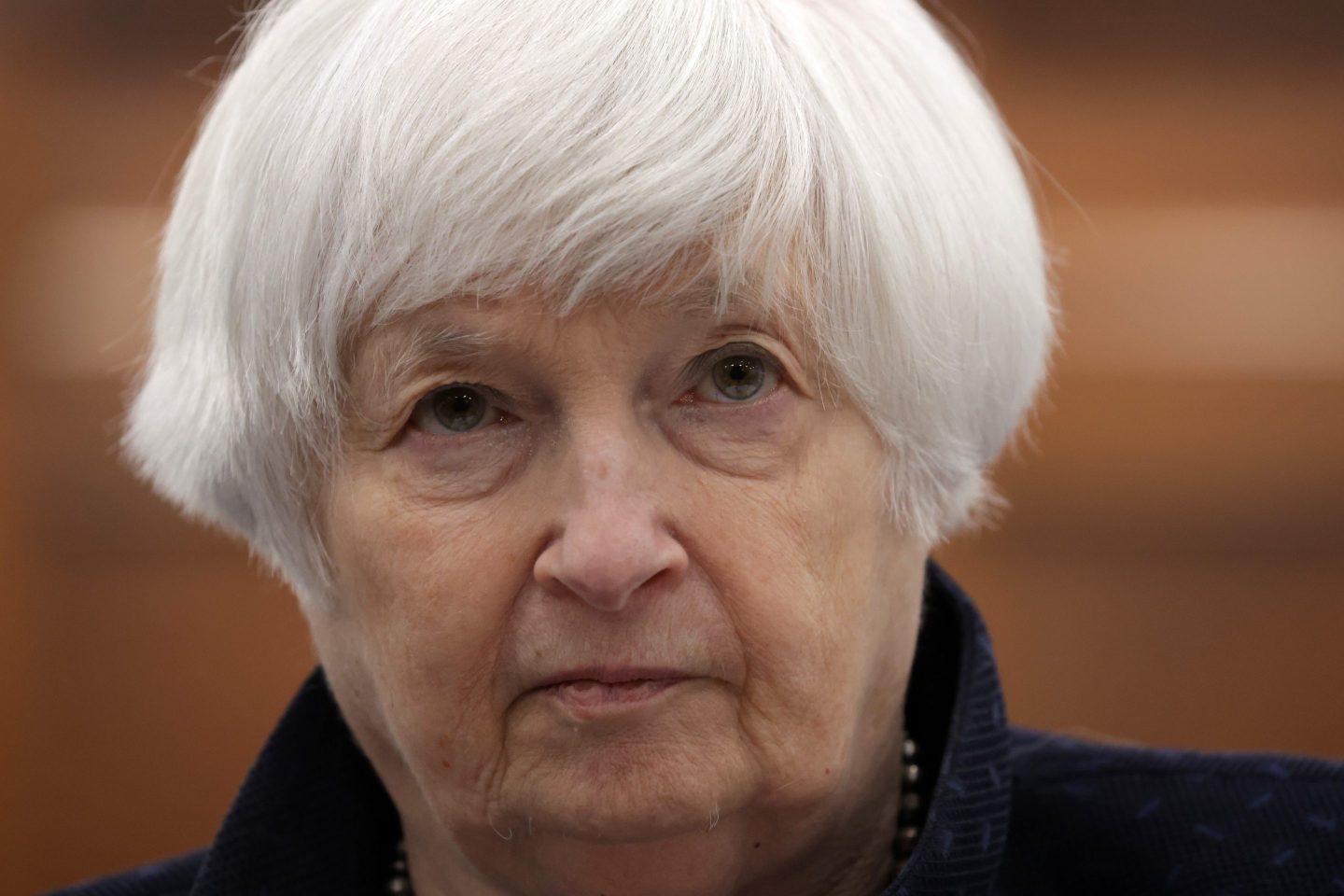FORTUNE — Howard Marks, the founder of the $79.5 billion Oaktree Capital, sent out his latest 13-page investment letter last week. The missive, titled “What’s Behind the Downturn,” lays out how a confluence of current events has weighed on markets and caused some of the most volatile trading days we’ve seen in years. (In August, for example, the Dow either rose or fell by at least 400 points for four days in a row.)
Marks notes that financial markets unravel when presented with more than one problem at a time, citing as examples 1990 (the LBO collapse, the Gulf War, the government crusade against Michael Milken), 2002 (9/11, the tech collapse, Enron), and 2008 (the mortgage meltdown, the structured finance collapse, the collapse of the banks).
And in Marks’ estimation, this downturn is no different. He points out that this summer Wall Street had to digest the “bitterly disappointing” debt ceiling game of chicken, Standard & Poor’s downgrade of the U.S. government, worries in Europe, and increasing evidence that China is not an unstoppable economic miracle.
Little wonder that Marks predicts a sluggish recovery and an overhang of low consumer confidence (but not a double dip recession); and he’s reluctant to go too far down the credit quality curve or take on leverage.
But he adds that that the market swings were more a change in psychology than in fundamentals, and that sentiment may have become too negative.
“With the strong flight to the perceived safety of Treasurys and the pronounced cheapening of everything else, the dearth of bargains that I bemoaned a few months ago is much eased,” Marks writes. “Nobody waves a banner when assets have gotten cheap enough, but it’s incumbent on investors to recognize things like these and react appropriately, rather than follow the herd.”
Marks sees bargains and buying opportunities in fixed income, as high-yield bond mutual funds sell into the panic and the spread between junk bonds and Treasuries widens well above historic averages.
So while he is still incredibly cautious on the U.S. economy, Marks writes: “Thus right now I would be a better buyer, albeit in moderation since fundamentals still pose threats.”











